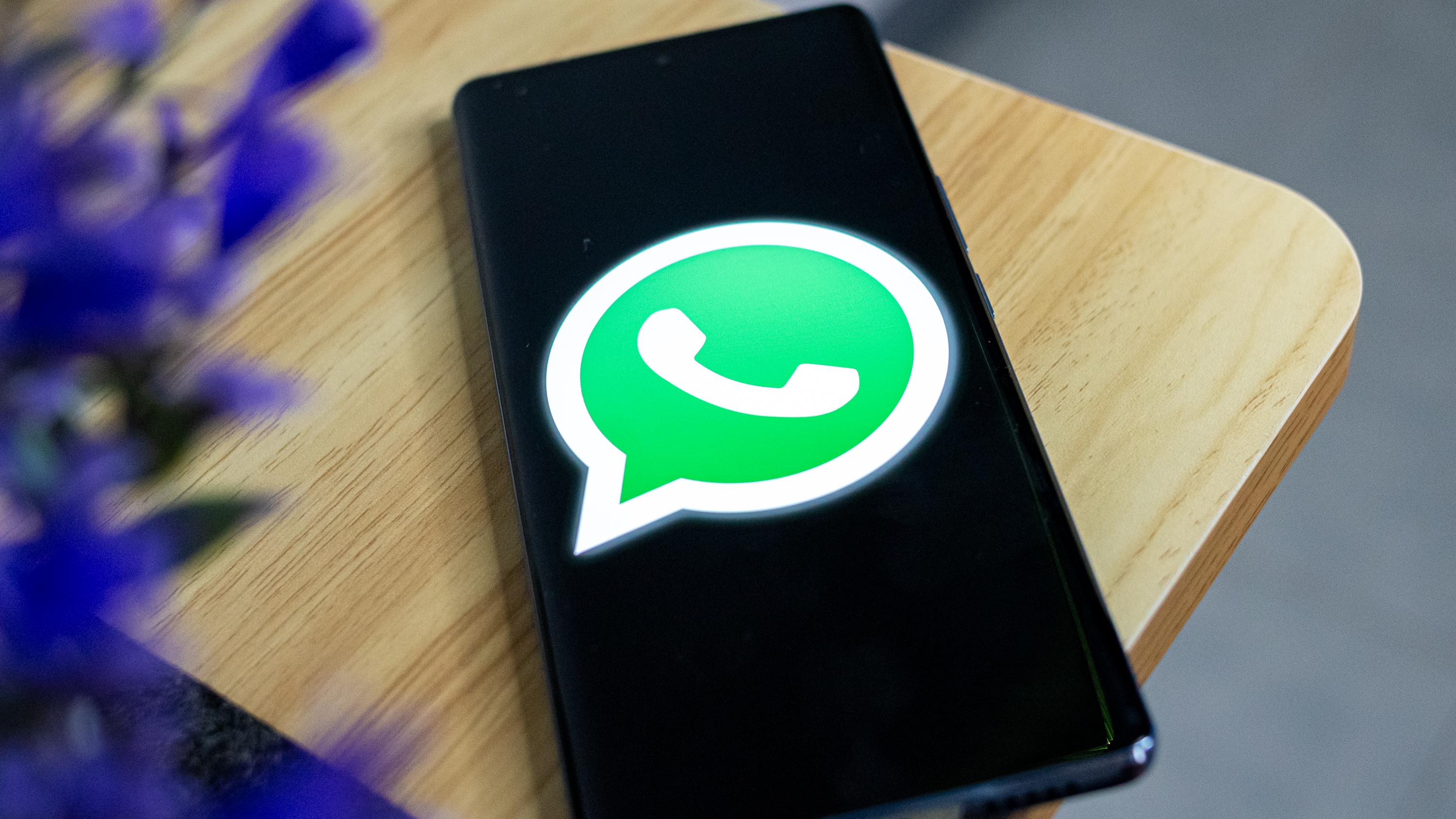Here's how WhatsApp and Messenger will become interoperable in the EU
Both messaging apps will play nice with other apps using the Signal protocol to follow DMA rules.

What you need to know
- Meta has outlined plans to ensure seamless integration with third-party chat apps to comply with the EU's DMA requirements.
- Third-party providers must sign an interoperability agreement before collaborating with Meta.
- Meta also encourages the use of the Signal protocol but may consider exceptions if developers can prove effective message content security.
With the EU's new digital rules in action, Meta has explained how WhatsApp and Facebook Messenger will maintain end-to-end encryption (E2EE) and follow the Digital Markets Act’s (DMA) interoperability rules.
Last month, Meta mentioned that WhatsApp was preparing to include optional third-party chat support in line with the DMA requirements, which kicked in on March 6. The company has now laid out its specific plans to make sure WhatsApp and Messenger can work seamlessly with third-party chat apps. This move aims to meet the demands of the new regulation while prioritizing user privacy and security.
Before Meta collaborates with third-party providers to make Messenger and WhatsApp compatible, these providers must first sign an agreement for interoperability, as per Meta's blog post.
The company plans to request third parties to adopt the Signal protocol since it's recognized as the "gold standard" for E2EE chats. However, Meta might consider exceptions down the line, suggesting that third-party developers can use a different protocol, provided they can demonstrate their methods effectively secure message content.
Meta points out that for messages exchanged solely within its messaging platforms, it has control over both the sending and receiving clients. In these instances, Meta can confirm that only the sender and the designated recipients will have access to the messages.
While E2EE chats will be safe during transit, regardless of whether the other provider uses Signal, Meta cautions that it cannot guarantee the apps on the receiving end of WhatsApp and Messenger users' chats won't engage in any questionable activities.
The DMA stipulates that Meta has to be prepared to "enable interoperability with other services within three months of receiving a request." However, according to the company, the actual implementation for public use might take longer than that.
Be an expert in 5 minutes
Get the latest news from Android Central, your trusted companion in the world of Android
The requirements also specify support for one-on-one chats and file-sharing such as images, videos, or voice messages "in year one" of the new regulation. Over time, they are expected to gradually expand to encompass group chats and calls.
Additionally, third parties linking with Meta will have to host any image or video files sent by their client apps to Meta's users. Meta's messaging clients will retrieve the encrypted media from the third-party messaging servers using a Meta proxy device.
Although interoperability across WhatsApp and Messenger brings about a broader scope for digital messaging, Meta hasn't revealed any intentions to extend this capability to users outside the EU.

Jay Bonggolto always keeps a nose for news. He has been writing about consumer tech and apps for as long as he can remember, and he has used a variety of Android phones since falling in love with Jelly Bean. Send him a direct message via Twitter or LinkedIn.
You must confirm your public display name before commenting
Please logout and then login again, you will then be prompted to enter your display name.
